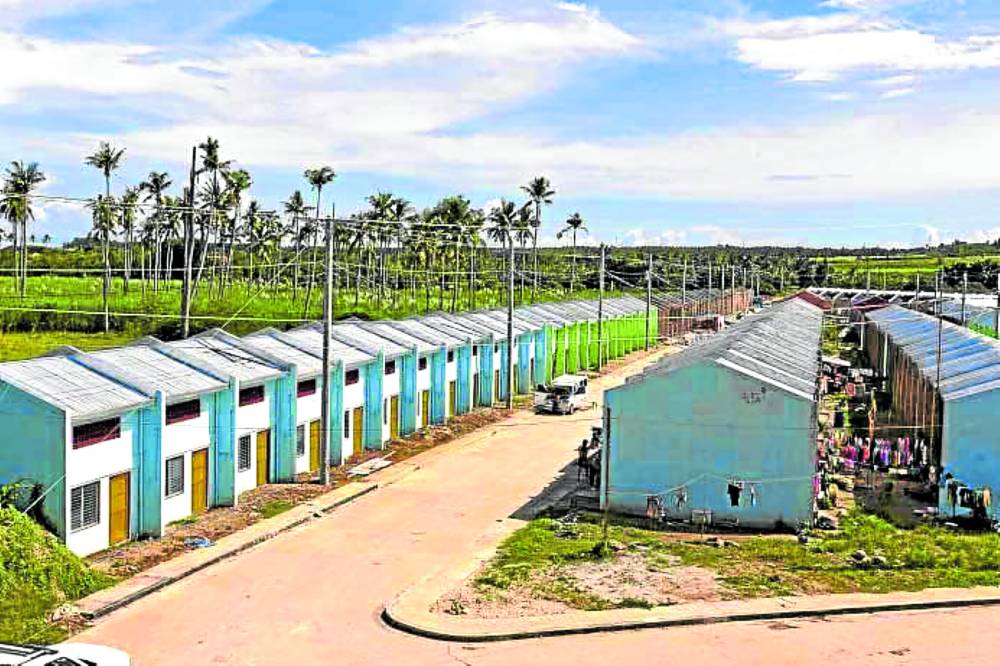Great reset in human settlements and urban development policies and administration
The fuel to President-elect Ferdinand “Bongbong” Marcos Jr.’s momentum and ascension to power is the veritable Class D—the low- and average-income earners of our population. They fire up our economy. They are the force behind our resilience as a nation. And they comprise bulk of the 31 million votes that gave the presidency to BBM.
This compels our new leader to institute critical reforms in various sectors including human settlements and urban development. The reality is that the highest concentration of housing needs comes from Class D. BBM’s victory must signal the great reset to this neglected sector.
A revamp
In 2018, the housing sector saw a revamp with the consolidation of the Housing and Urban Development Coordinating Council (HUDCC) and the Housing and Land Use Regulatory Board (HLURB) into the new Department of Human Settlements and Urban Development (DHSUD). This is reminiscent of the old Ministry of Human Settlements previously led by former first lady Imelda Marcos.
The Philippine housing sector operates on a meager budget, just a fraction of 1 percent of the general appropriations. The National Shelter Program (NSP) relies heavily on the participation of the private sector, but not much gain is achieved because of the tight and often unresponsive regulatory environment and unreasonable price ceilings.
For more than three decades, the current NSP failed to strengthen the primary mortgage market. Class D was totally neglected. The secondary mortgage market is practically non-existent.
Urgent reforms
It is on this backdrop that the great reset must be boldly pursued. Here are some of the urgent reforms that need action:
- Review the socialized and economic housing standards by strengthening Batas Pambansa Blg. 220. This four-decade law needs to be updated in view of current opportunities and challenges such as climate change mitigation, new technology, urbanization and changing housing preferences like features for halfway homes, first-time homebuyers and young professionals, permanent family homes and laddered tenurial arrangements;
- Revisit the effectiveness of Balanced Housing Development Act to introduce alternative compliances that will capacitate the government to develop its own housing projects;
- Introduce Rental Housing Program that integrates development framework for private sector participation, estate management, private-public partnership (PPP) program, rental revenue financing and securitization, and housing voucher or direct subsidy program;
- Legislate anew the Comprehensive and Integrated Shelter Finance Act, which will inject fresh funds and resources for land development and building construction finance, cash flow guaranty, securitization, and home guaranty systems;
- Extend the term, and expand the powers and budget of the National Housing Authority;
- Continue the simplification of permitting processes, and immediately implement the housing one-stop processing; and
- Maintain the reforms and culture of integrity and professionalism that defined the management of Pag-IBIG Fund through the years.
It is time for a Bagong Lipunan Improvement of Sites and Services 2.0, combining the strengths of the old ministry’s BLISS program and the post-Edsa National Shelter Program, particularly the integrity of Pag-IBIG Fund, the reintroduction of integrated shelter finance program, PPP, rental housing program, and ayuda through housing vouchers for the poorest of the poor.
The author is the past president, chairman and general counsel of the Organization of Socialized and Economic Housing Developers of the Philippines (OSHDP).

